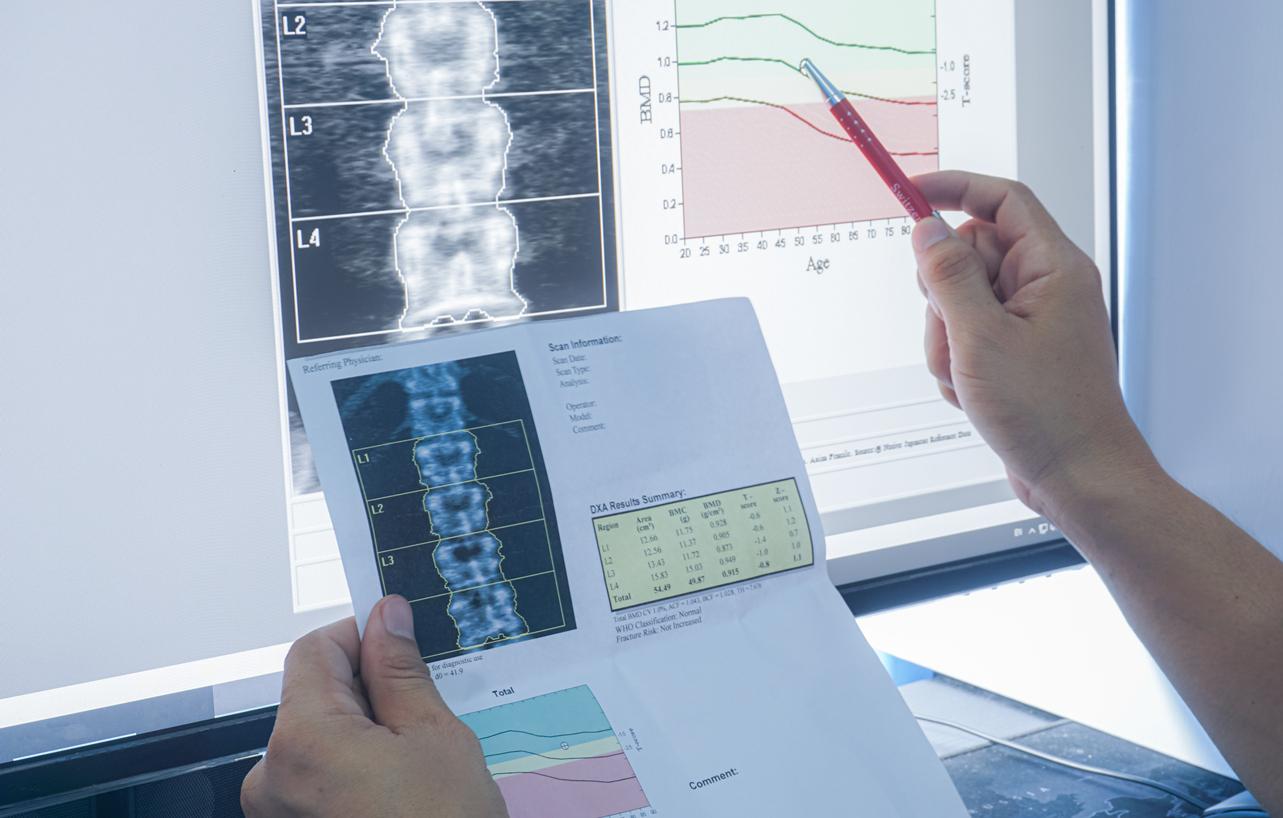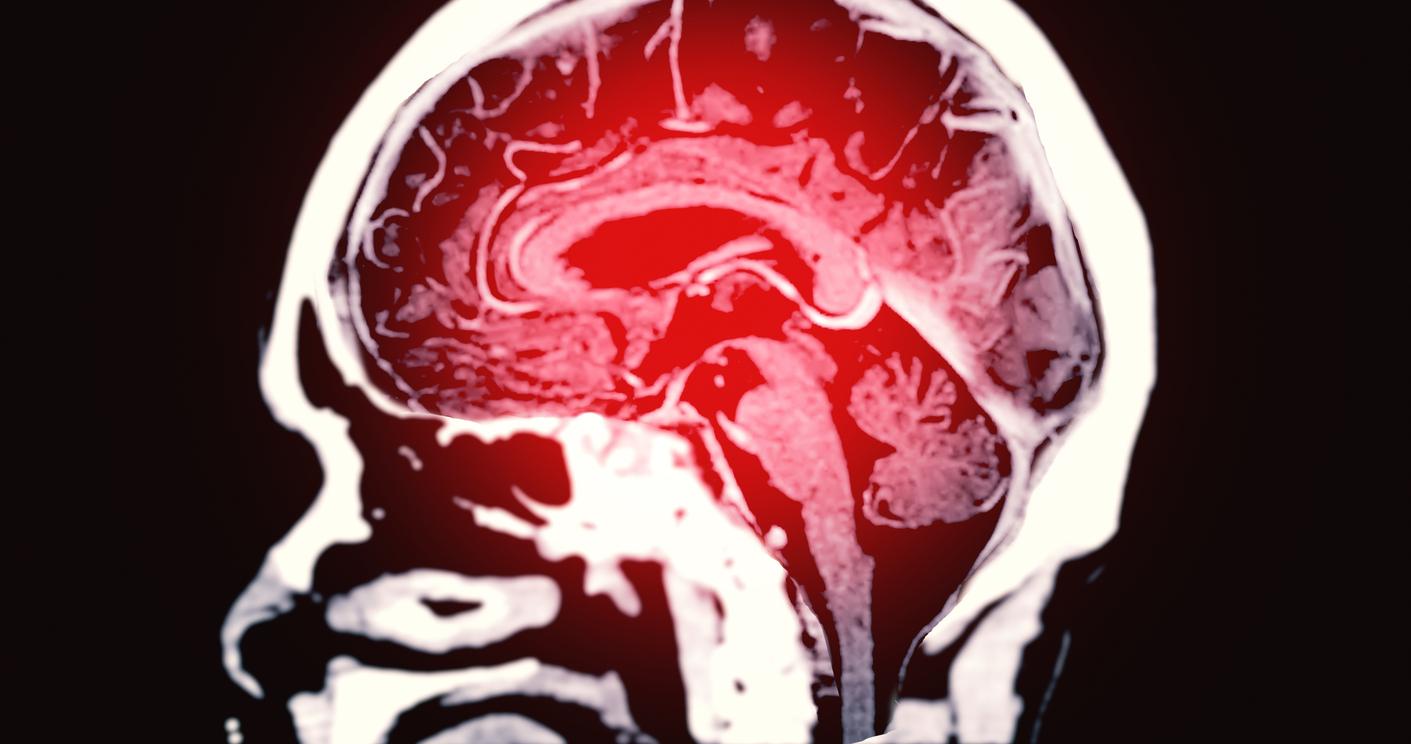People with low bone density have an increased risk of developing dementia as they age, according to a new study.

- Researchers from the Netherlands have found a link between bone health and dementia.
- People who have low bone density are more likely to develop dementia as they age.
- If the finding is confirmed, bone loss could be an indicator of dementia risk. People with it could be targeted for dementia screening earlier.
Strong, strong bones just might be one way to fight dementia. A study by Erasmus University Medical Center (Rotterdam, Netherlands), published on the website of the scientific journal Neurology March 22, 2023, ensures that people with low bone density are more likely to develop dementia than others.
Low bone density increases the risk of dementia
The researchers reached this conclusion after following 3,651 people who did not have dementia at the start of the experiment. The average age of the participants was 72 years old. Their bone density was measured using x-rays. Additionally, the volunteers were asked about their health status every four to five years and underwent various examinations like bone scans and dementia tests.
Of the 1,211 individuals with the lowest body bone density, 90 developed dementia within 10 years. They were only 57 among the 1,211 who had very healthy bones.
“After adjusting for factors such as age, gender, education, other illnesses and medication use, as well as family history of dementia, scientists found that within 10 years, people with lowest total body bone density were 42% more likely to develop dementia than people in the highest group”indicates the team in a communicated.
Dementia: bone loss could be a risk indicator
“Low bone density and dementia are two conditions that typically affect older people simultaneously, especially since bone loss often increases due to physical inactivity and poor diet during dementia”, explains Dr. Mohammad Arfan Ikram of Erasmus University Medical Center, responsible for the research. He pursues : “our study revealed that bone loss indeed occurs already before dementia and is therefore linked to a higher risk of dementia”.
However, the expert believes that further work is needed to better understand the link between bone health and memory loss. “It is possible that bone loss is already occurring in the early stages of dementia, years before clinical symptoms appear. If so, bone loss could be an indicator of dementia risk and people with bone loss could be targeted for screening and improved care”he concludes.

















